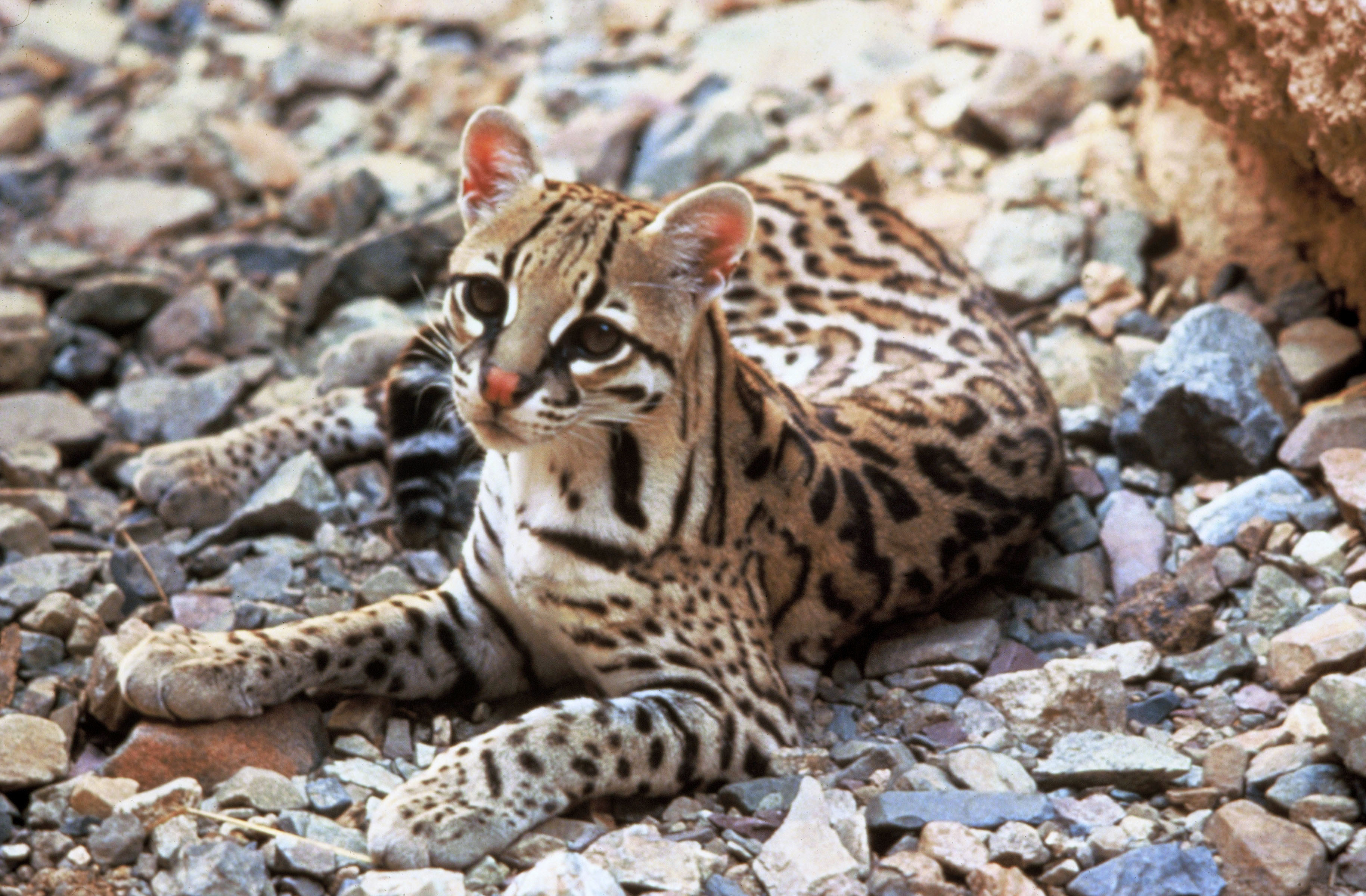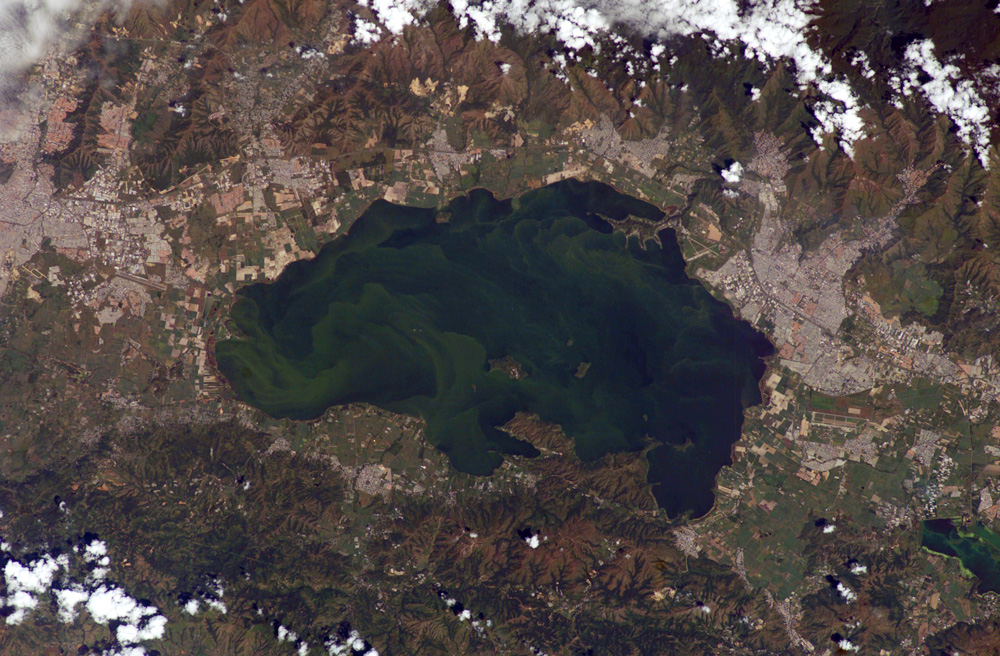
4 February 2008: THIS IS JUST A DRAFT. MUCH MORE INFORMATION WILL COME UP HERE FOR MARCH OF 2008
I went to the magnificent Gran Sabana on a bus some years ago and while going there, I saw several times people from the cities throwing their beer and plastic cans to the road.
I continued on my road from Santa Elena de Guairén to El Paují on a jeep together with a Spanish photograph, a couple of friends and a couple of miners. I got into conversation with the miners and asked them, as if I did not know, how they extracted the gold from the sand and stones. They told me it was with mercury. I asked them if mercury was not bad for the jungle. One of them said the jungle was fine, it was their health that suffered.
One guy in the same region told me about the trade with the gorgeous blue-yellow and red parrots you can find there. I asked him if he did not think their numbers are dwindling. He said there are many of them and there was no way that could happen. It reminded me of Dona Barbara again, with this belief of the overpowering nature that - so they think - cannot be completely tamed or destroyed.
I went to the top of a mountain close to my home town, Valencia. After a while, a couple of young people arrived as well. They took notice of the great view I was enjoying as well. They finished drinking something from a bottle they had brought and then threw the bottle into the forest below. I told them one should not do that and they looked at me as if I were a weird alien or "a sissy".
I visited some people and saw they are holding a couple of rare canaries in a cage. I asked them if they knew those birds were becoming extinct and they said those birds would have been killed if they were out in the wild. I ask them if those birds can reproduce in those cages. They admitted that won't be the case.
Last time I went to Venezuela a friend took me on a boat trip to several islands of the Morrocoy National park. Apart from the worldwide disappearance of most chorals, I could witness how people have managed to transform many places into a garbage dump for their whiskey and fish-eating parties on their yachts at sea or at the beach.
I heard several alarms about beach contamination. I felt people were taking those announcements as if they were weather forecasts...but the pollution does not come from the sky. It comes from the sewage systems of factories and towns.
Sometimes I could hardly breathe in the demonic traffic we have developed in Venezuela. Everyone feels entitled to drive in zigzags with the almost free petrol we have there and if they can, they try to do it in the largest car they can buy. You are nothing if you do not have a car and they promptly ask me what car I have in Europe (I have a Nissan, I want to change it for something smaller and more environmentally friendly).
Here I will start to describe Venezuela's environmental problems and some ideas about how to tackle them (at least some attempt from a layman). This is going to be again a post that is going to evolve through the next months.
So, if you bear with me, let's start putting up here some information that might be useful for those wanting to do something against Venezuela's auto-plundering.
This is the first plan:
THE MESSS IN OUR CITIES
THE MESS OF VALENCIA LAKE
 The Valencia or Tacarigua Lake is receiving sewage from Valencia as well as the waters coming from the very dirty Cabriales river. This has lead to massive algal blooms and a continuous increase of the lake's surface.
The Valencia or Tacarigua Lake is receiving sewage from Valencia as well as the waters coming from the very dirty Cabriales river. This has lead to massive algal blooms and a continuous increase of the lake's surface.We have destroyed a place that could have provided a lot of resources for the region.
Even if the landscape is beautiful, pollution and lack of any infrastructure makes tourism not viable.
THE MESS OF MARACAIBO LAKE
THE MESS IN MARGARITA
THE MESS IN THE ANDES
THE MESS IN AND ON OUR BEACHES
There are permanent pollution reports in many coastal areas in Venezuela. What authorities usually do is give warnings and prevent people from going to the beach. The government should above all focus on preventing such pollution in the first place.
Here we will be writing on the main polluters. In the Ideas section of this blog we will propose some solutions
THE MESS IN MORROCOY
There is no control over what yachts do there. People simply discard their rubbish untreated in the sea. Corals are dying out. Even if they are affected by global climate conditions, the environmental strain in the area plays a big role here as well.
This choral is still surviving:

This coral is dead:

THE MESS IN THE GRAN SABANA AND AMAZON
There is mining going on in many places of the Amazon and the Guayana shield. Mercury is used all around. The military who are supposed to watch the area are not doing their work.
THE MESS IN ?
WHAT TO DO?
Technorati Profile

No comments:
Post a Comment
1) Try to be constructive and creative. The main goal of this blog is not to bash but to propose ideas and, when needed, to denounce
2) Do not use offensive language
3) Bear in mind that your comments can be edited or deleted at the blogger's sole discretion
4) If your comment would link back to a site promoting hatred of ethnic groups, nations, religions or the like, don't bother commenting here.
5) Read point 4 again